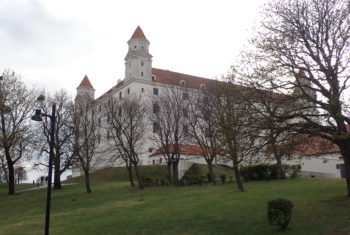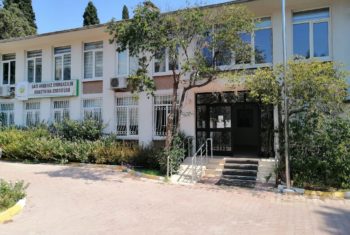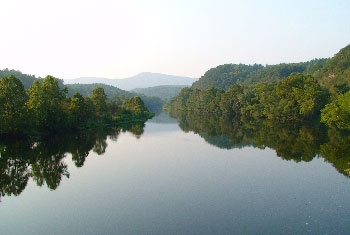About
CONVERGES is a COST Action dedicated to riparian ecosystems. COST framework supports collaborative transnational activities under a system of networks of investigators based on open access and bottom-up principles, covering all scientific and technological domains.
Challenge
Riparian ecosystems comprise the physical environment and biological communities that lay at the interface of freshwater and terrestrial systems. They are recognised as ecosystems that are highly diverse and contain specialist ecological communities, as well as providers of multiple ecosystem services. Recognizing of the importance of riparian ecosystems has resulted in much research within Europe. Despite this body of work and policy motivation, progress in improving the state of riparian ecosystems across Europe has been very limited. This is probably because of a misalignment of ‘frames’ (i.e. the ways in which individuals or organisations with different backgrounds, geographical origin, cultural contexts, or purpose, know and conceive of such complex systems).
Specific issues related to the misalignment of frames between stakeholders in riparian research and management are the following ones :
- the wide geographical dispersion and heterogeneity of current knowledge across EU Member States ;
- a lack of effective communication and sharing of knowledge among scientists from different disciplines and from different countries ;
- insufficient and problematic knowledge conversion and experiences from academics to managers/practitioners;
- a lack of suitable assessment tools that allow comparability between fluvial systems;
- insufficient momentum behind the body of research to create effective coordinated action or policy creation at the level needed.
Objectives
The overall aim of CONVERGES Action is to create a European network to bring together the diverse body of knowledge that exists across Europe for all aspects of riparian vegetation (from physical processes and ecology through society to societal and management issues to restoration and improvement). The Action’s principal research coordination objectives are:
- Synthesise current knowledge to characterise the status of RV, their main stressors and management responses across Europe.
- Convey and share riparian knowledge among scientists, policy makers and stakeholders from different scientific disciplines, geographical regions and management contexts to understand how RV is framed by different communities and thereby facilitate effective knowledge conversion.
- Identify misalignments among actors in how the understand and conceptualize of RV in order to prioritise areas for knowledge conversion efforts as well as research gaps and policy/strategy.
- Determine evidence-based best practice in riparian management and develop effective tools and indicators to assess ecological status using RV, which can be effectively conveyed to practitioners in order to fulfil relevant policy targets.
Working groups
The articulation of the Working Groups (WG) is adapted from the PSR Framework: Pressures/states and responses will be assessed separately (WG1 and WG2) and then compare to identify misalignments (WG3). A WG dedicated to dissemination (WG4) will ensure both a good visibility of the result and good transfer of knowledge.
- WG1: Characterising degradation of riparian vegetation across the EU: status and pressures
- WG2: Visualisation of European responses to riparian vegetation degradation
- WG 3: Establishing misalignments in riparian knowledge and priorities for knowledge conversion for enhanced management
- WG 4: Dissemination and outreach of results and outcomes
For detailed information, read the CONVERGES Memorandum of Understanding and COST rules and guidelines here.


